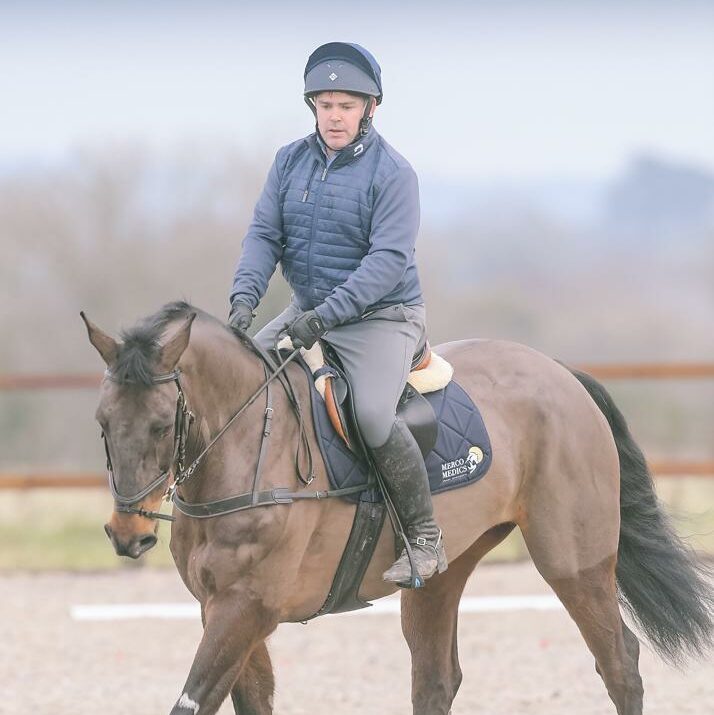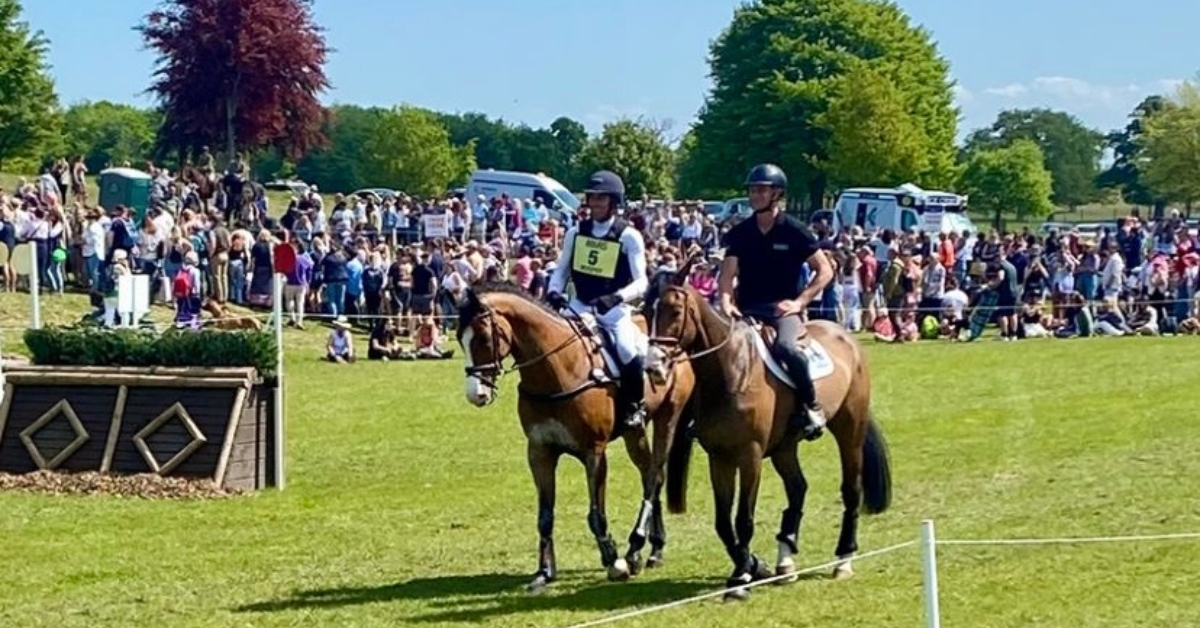Charlotte Dujardin, a name synonymous with elegance and excellence in the equestrian world, now finds herself at the heart of a controversy that has cast a shadow over her illustrious career. The recent video circulating on social media has sparked heated debates and harsh criticisms, leaving us to ponder: are we handling this situation right for both Charlotte and the individual in the video?
Dujardin has achieved remarkable success, becoming a beacon of inspiration in the dressage community. Her partnership with Valegro brought home gold medals and broke records, showcasing her dedication and skill. Her journey from humble beginnings to the pinnacle of her sport is a testament to her hard work and passion.
However, the emergence of a video showing Dujardin in a compromising situation has stirred public outrage. The footage, which many find disturbing, shows her in a scenario that appears to contradict the principles she has long championed. It’s vital to state unequivocally that the actions depicted in the video are not condoned. The concerns raised are legitimate and warrant serious consideration.
But as we scrutinise this incident, we must remember that there are real people with real feelings behind the headlines. Charlotte Dujardin, like all of us, is human and prone to mistakes. The person in the video, whose identity remains under wraps, also has a story that deserves our compassion and understanding.
It’s easy to cast stones from a distance, but difficult to fully grasp the complexities of another’s life. We are quick to judge, often forgetting that those in the public eye experience the same emotions, vulnerabilities, and regrets as anyone else. In our rush to hold individuals accountable, are we also ensuring that we do so with empathy and fairness?
The outrage in response to the video is understandable. The behavior displayed is troubling and demands accountability. However, the discourse surrounding this incident should also prompt us to reflect on how we respond to the mistakes of others. Are we giving both parties the space to explain, to apologize, and to learn from their errors? Or are we perpetuating a cycle of condemnation without room for redemption?
Charlotte Dujardin’s contributions to equestrian sport cannot be erased, nor should they be. Yet, this controversy serves as a poignant reminder of the fragility of reputations and the importance of maintaining ethical standards. It is a call to action for all involved to strive for better, to uphold the values that have been brought into question.
As we navigate this difficult conversation, let’s strive to balance accountability with empathy. We must hold individuals responsible for their actions while also acknowledging their humanity. Only then can we foster a culture that encourages growth, learning, and genuine change.
Charlotte Dujardin’s story is far from over. The current controversy is a challenging chapter, but it is also an opportunity for reflection and growth. Let us remember that behind every scandal are real people with real emotions, deserving of both critique and compassion. In addressing this situation, let’s ensure we handle it right—for the sake of all involved.
Many thanks,
Gary Monahan


Share
Your subscription is 100% Free for our first year, No credit card details required.

The Judging Concerns That Keep Coming Back — And Why They Can’t Be Ignored Anymore We didn’t make it to

There are few sporting events that live up to the hype. Wimbledon? Too many strawberries. Cheltenham? Too many suits. But

British Veterinary Association publishes full response to Competition and Markets Authority’s proposed remedies for veterinary market for household pets. The